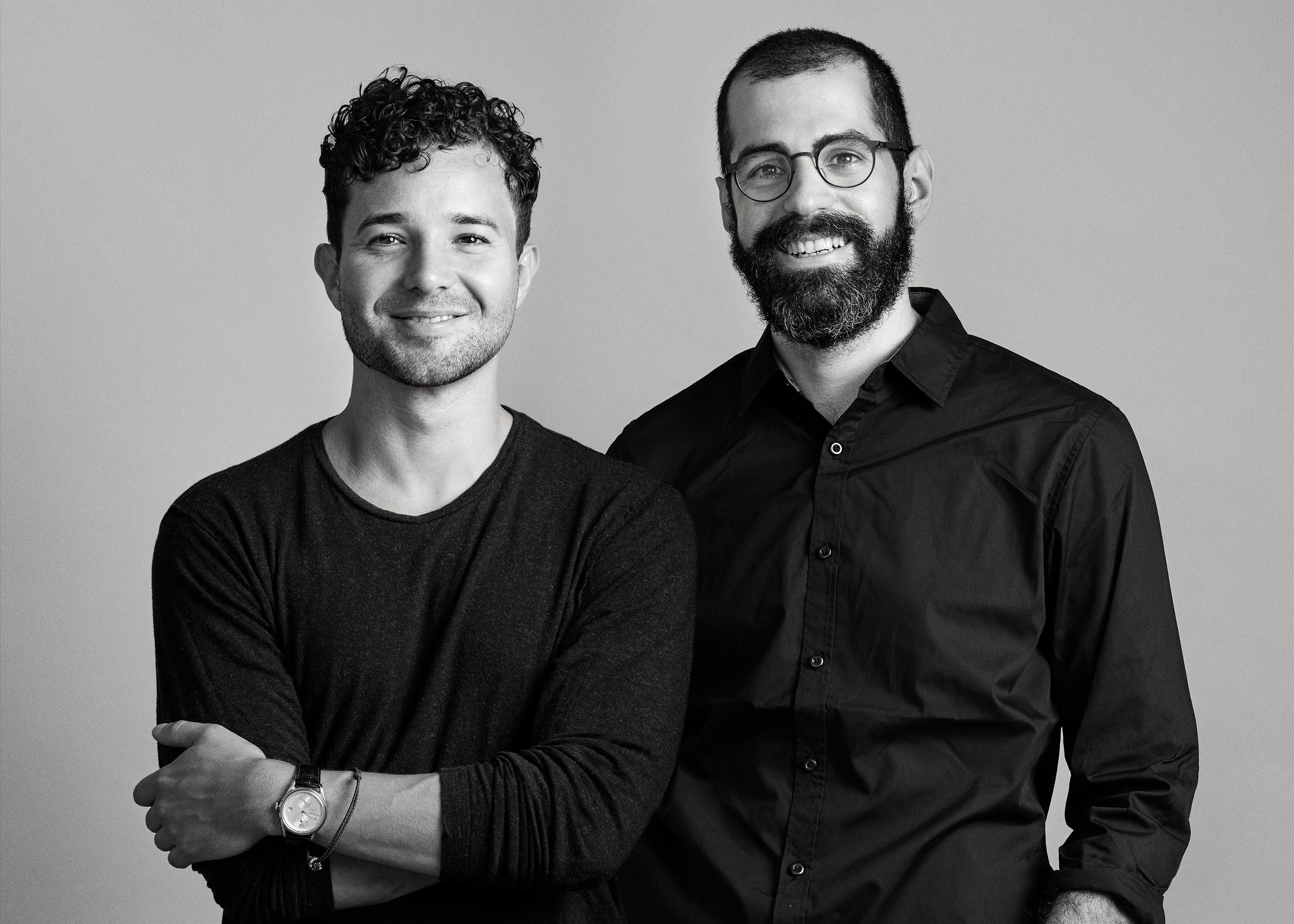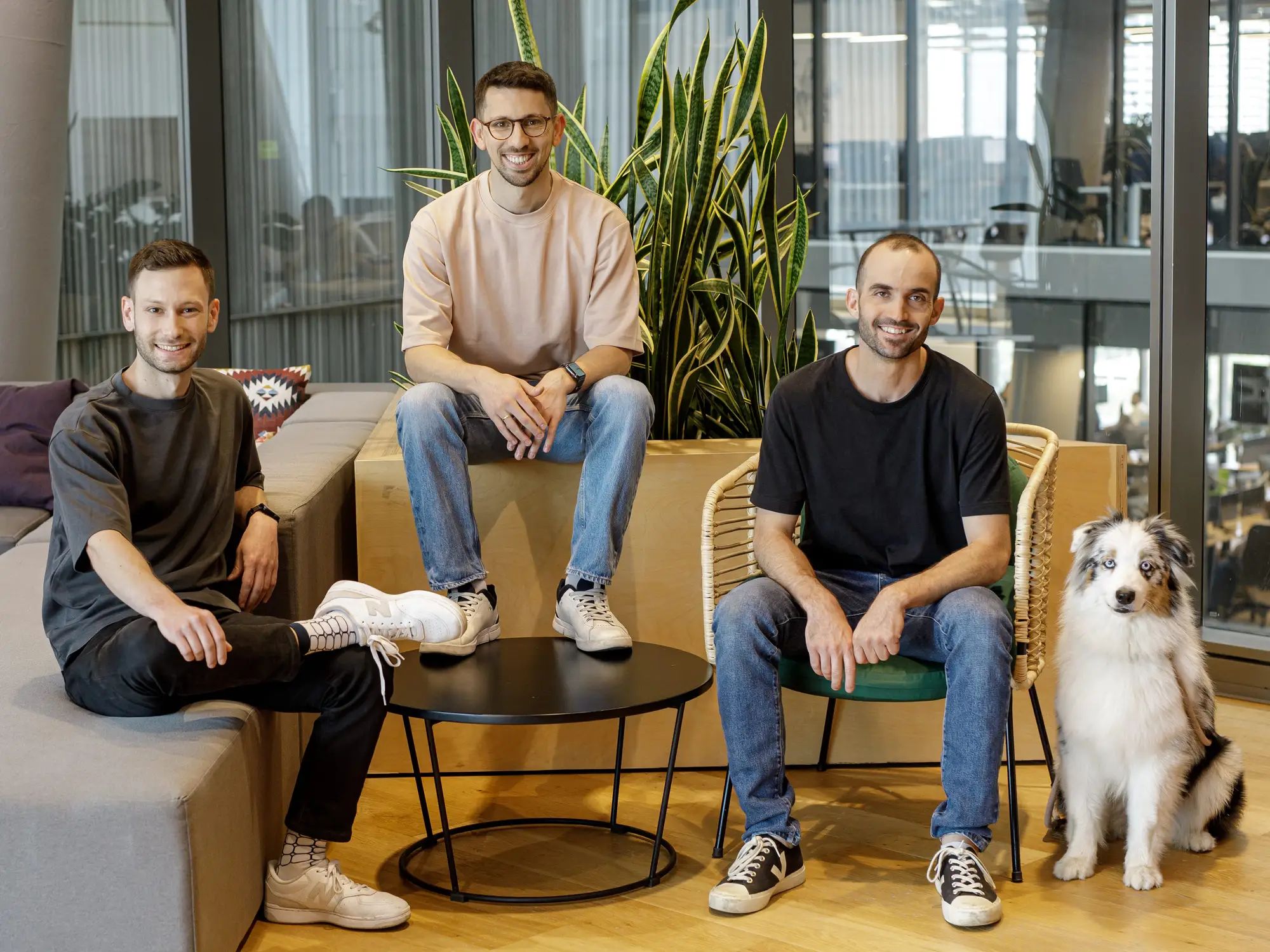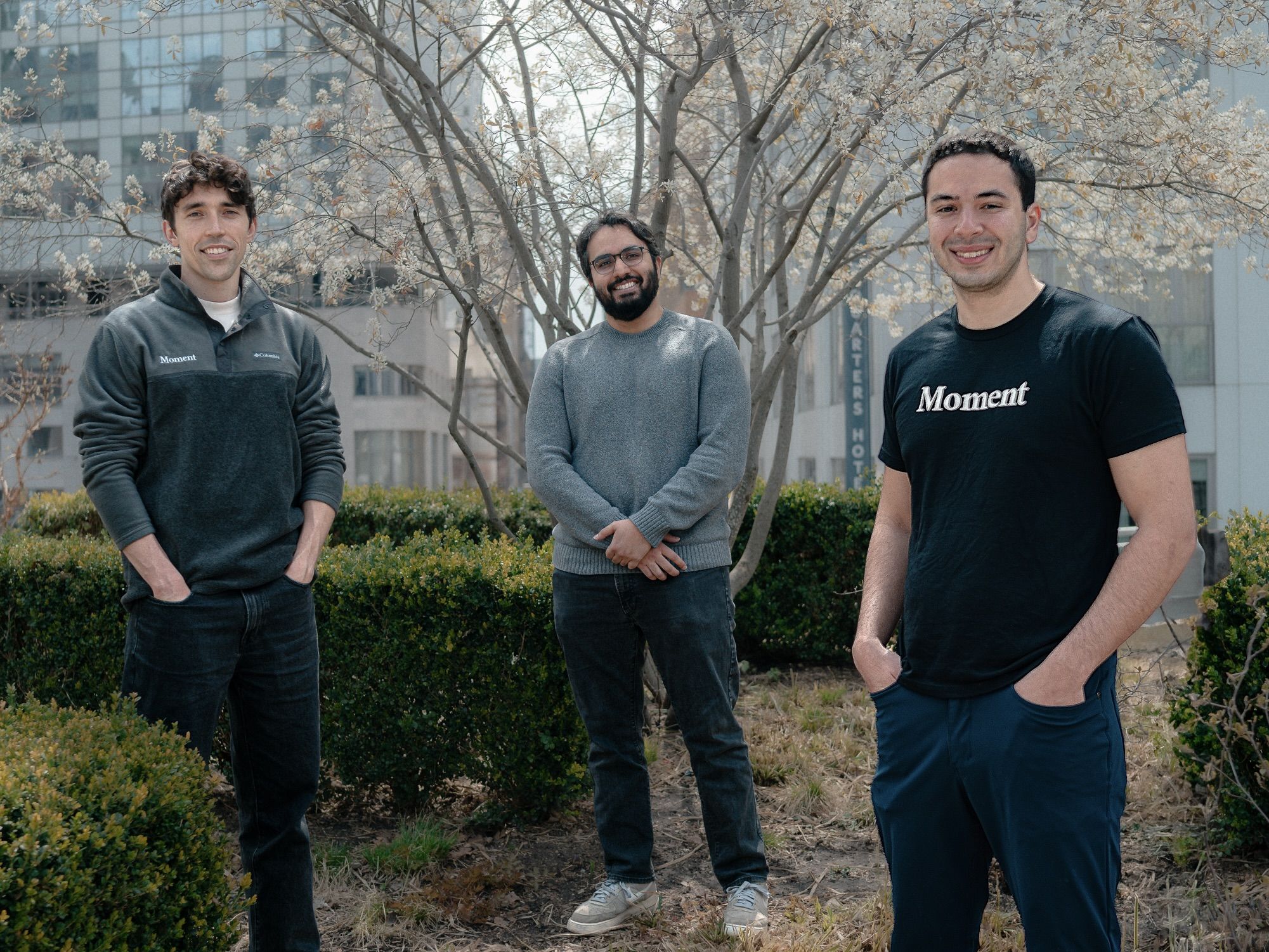Grid.ai: Defying Convention

William Falcon does not abide by convention. It was no surprise that when I asked him what he would like the world to do without his immediate response was "convention."
William's philosophy perfectly matched the mindset of his soon to be co-founder Luis Capelo. William, originally from Venezuela, benefitted from the US green card lottery and joined the military as a naval officer undergoing US Navy SEAL training before he was injured. After spending time in intelligence, he went on to Columbia University, majored in math, and fell in love with machine learning. He pursued a Ph.D. at NYU while working at Facebook's AI lab, FAIR, where he was fortunate to work with the AI visionary Yann LeCun. Luis similarly took the road less traveled to becoming a founder. A Havana, Cuba native, he spent time at the United Nations, Forbes, and as the Head of Machine Learning at Glossier before co-founding Grid.ai.
William and Luis's creative thinking and unbounded energy yielded a first of its kind platform for state-of-the-art machine learning models. Machine learning is one of the most momentous and transformative technologies of this decade and likely many more to come. In my view, a healthy disregard for convention is the essential ingredient for founders building a platform that will give data scientists everywhere access to these tools for the first time.
Current deployments of machine learning are far below market demand. The constraint is a toolkit to easily and effectively scale, train, and deploy AI models. William faced this challenge himself as a researcher at FAIR, and developed Pytorch Lightning, an open source project that removed that constraint. With the explosive growth of Lightning, William clearly realized that his challenges were not singular and Grid.ai was born. With Grid's launch today, everyone, at any college, university, or company, of any size, can get access to a best-in-class AI toolkit. Grid.ai will liberate data scientists from menial groundwork.
"Just as Github became the platform for developers to collaborate on code, Grid has the opportunity to become the place for data scientists to more easily and effectively scale, train, and deploy AI models."
— Sarah Cannon, Index Ventures
Lightning's open source traction piqued my interest immediately. Minutes into our first conversation I rushed into a closet in Helsinki to make sure I could hear the details of what William and Luis had built. I promptly called my colleague Bryan Offutt who subsequently met William and Luis in SF and was impressed by the "elegance of their code." We swiftly decided to participate in their seed round, days later. (For Bryan's perspective on the technology, more detail here.)
Today, less than a year later, we are thrilled to be leading Grid's Series A. Just as Github became the platform for developers to collaborate on code, Grid has the opportunity to become the place for data scientists to more easily and effectively scale, train, and deploy AI models.
William and Luis have not only built an incredible product but also eschewed convention by deliberately recruiting a uniquely diverse team from the very start comprised of impressive talent from Facebook, Google, among others. We respect their integrity and their questioning of 'convention' from both a product and a team perspective and consider ourselves fortunate to partner with them, as well as their other investors, Bain Capital Ventures and Firstminute.
Published — Oct. 8, 2020

